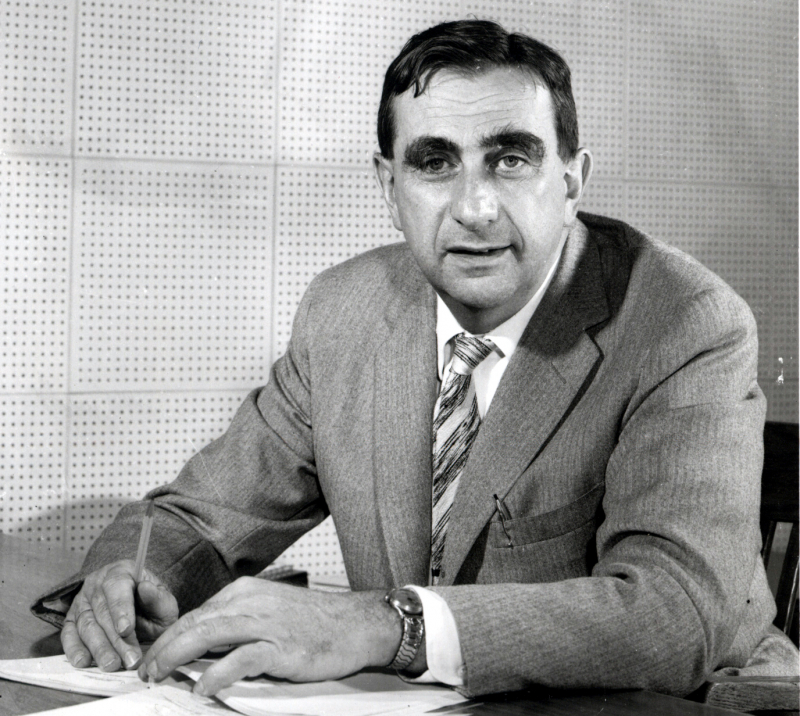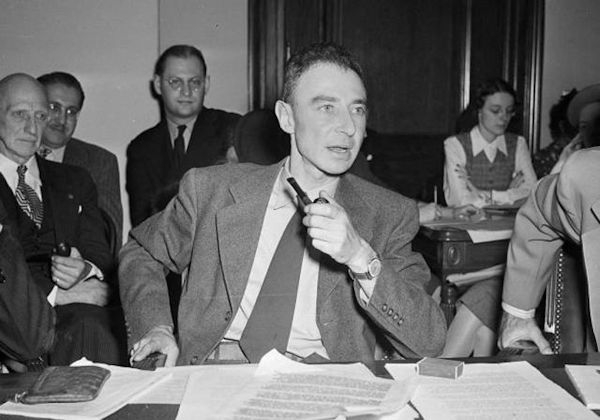Teller caused controversy when he testified against Oppenheimer in 1954
It is a fact that Teller caused controversy when he testified against Oppenheimer in 1954. When Teller testified against Oppenheimer during Oppenheimer's security clearance hearing in 1954, he became a lightning rod for controversy. Teller had several disagreements with Oppenheimer at Los Alamos on matters relating to both fission and fusion research, and during Oppenheimer's trial, he was the sole member of the scientific community to say that Oppenheimer should not be granted security clearance.
Teller also said that Oppenheimer's opinion of the thermonuclear program appeared to be based on the weapon's scientific feasibility rather than anything else. Following this, he outlined how he believed Oppenheimer had hampered his attempts toward an active thermonuclear development program, and he attacked Oppenheimer's decision not to devote more work to the topic at various periods in his career.
By recasting a difference over the merits of early work on the hydrogen bomb project as a security danger, Teller successfully condemned Oppenheimer in a field where security was unavoidably important. Teller's statement made Oppenheimer exposed to claims by a Congressional aide that he was a Soviet spy, ending Oppenheimer's career.
After the fact, Teller repeatedly denied that he intended to convict Oppenheimer, even claiming that he was seeking to exonerate him. Teller argued that his statement had not affected Oppenheimer in any way. Teller claimed in 2002 that the security hearing did not destroy Oppenheimer, but that he was never longer invited to assist on policy matters. He said his statements were exaggerated because he had only recently learned of Oppenheimer's refusal to report an overture by Haakon Chevalier, who had approached Oppenheimer to assist the Russians.









